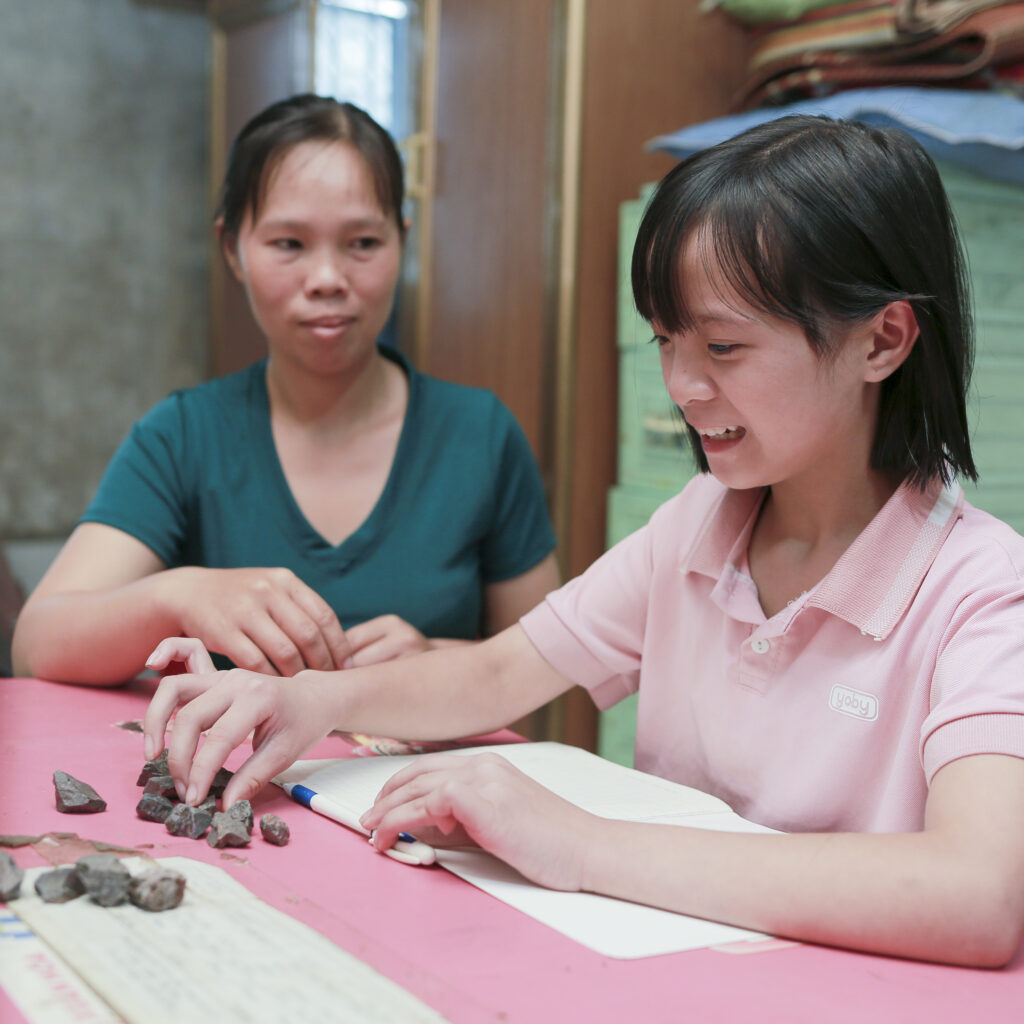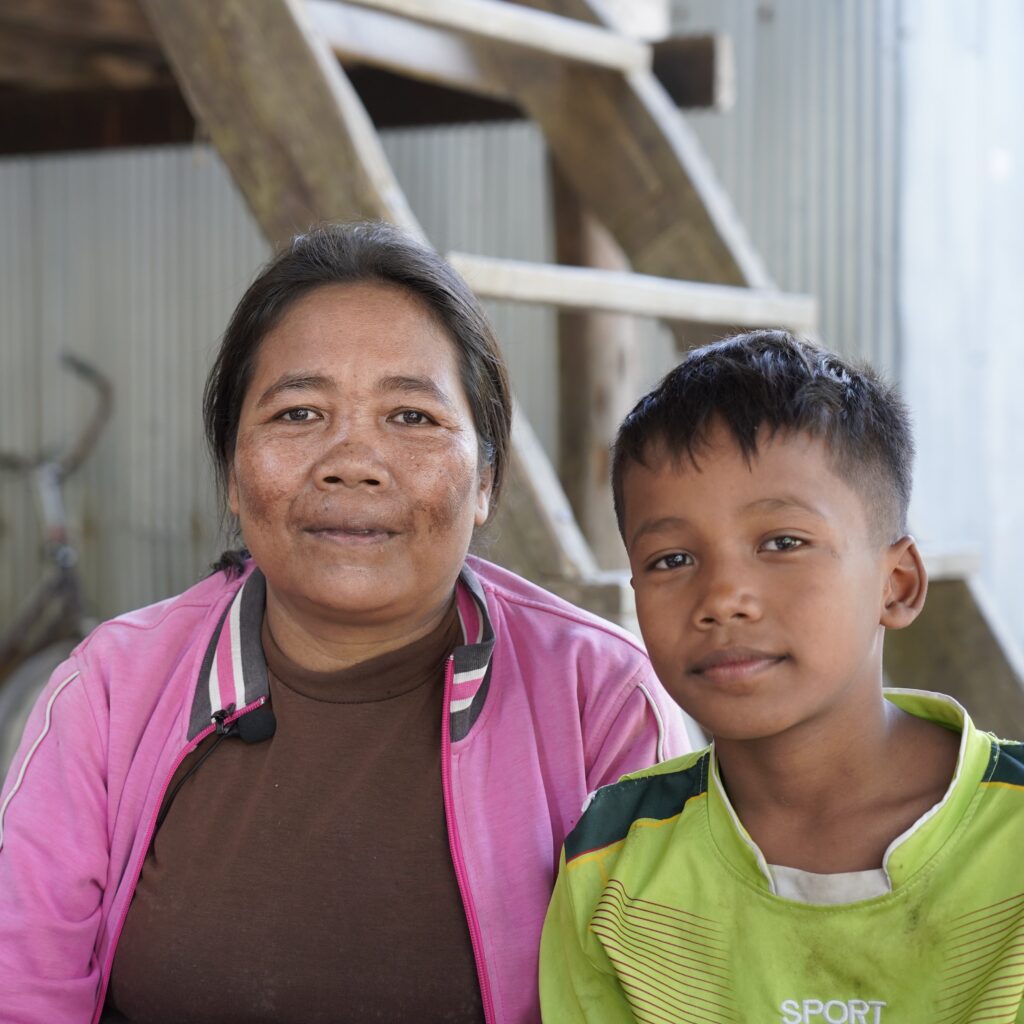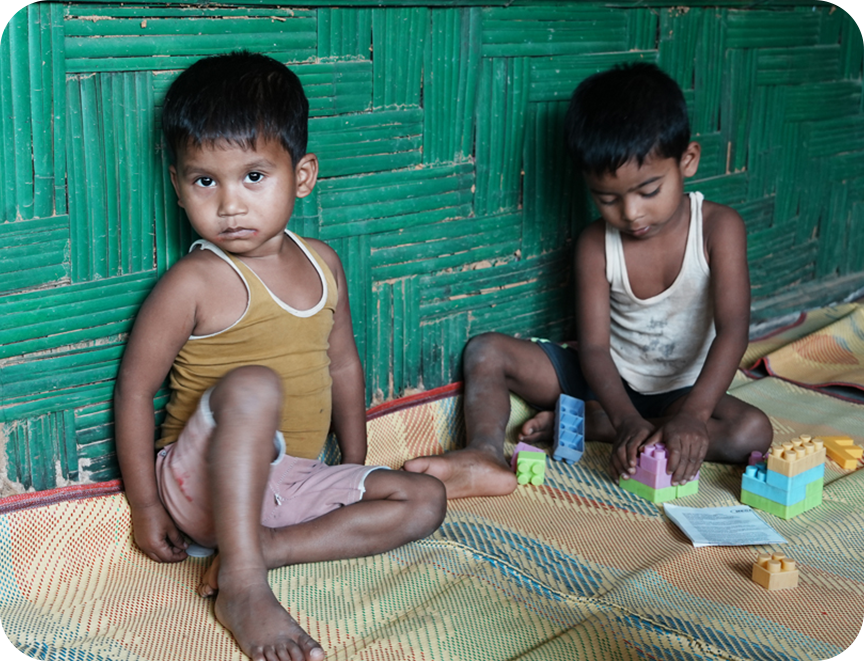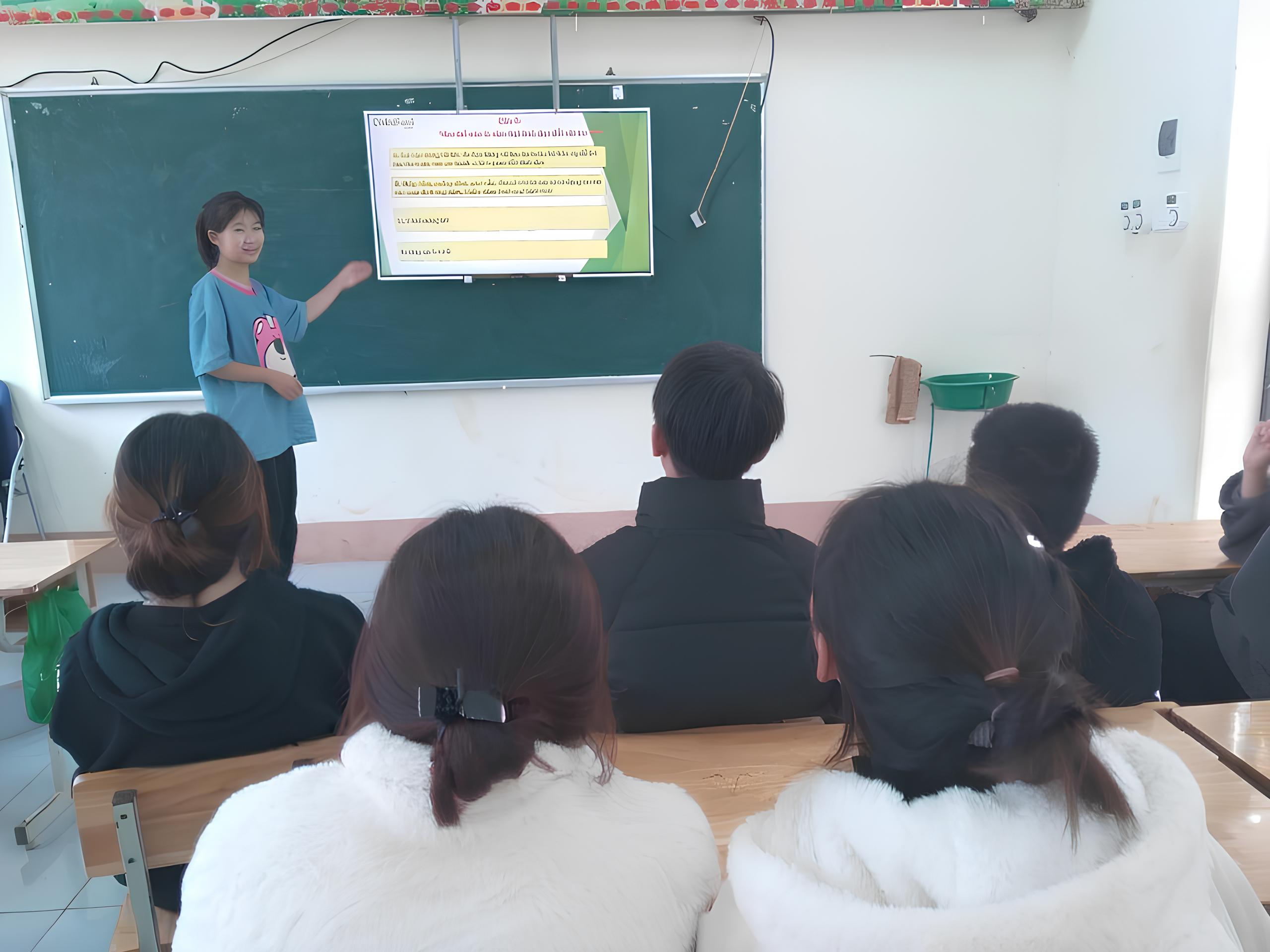School can be a tough experience for many kids. For children with disabilities, the challenges can be even greater. They often face barriers – whether it’s a lack of resources, support or understanding – that make it hard to fully participate in learning. But this is something we can change.
Inclusive education means that all kids, regardless of their abilities, have the chance to succeed. It’s about creating environments where every student feels supported and encouraged. When schools and communities adapt to meet the needs of all learners, they help them develop the skills that pave the way to brighter futures.
Take Linh from Vietnam and Piseth from Cambodia. Though they come from different backgrounds, they share a similar story. Both enjoy learning in environments that adapt to their needs, where education is shaped to suit them, not the other way around.
Discover more about their stories below.
Linh’s story
Since she was little, 10-year-old Linh from Hoa Binh province had always struggled with reading, writing and math. When she started Year 1, she couldn’t keep up with her classmates.
Her mum, Nhien, watched in frustration as Linh fell further behind. “I felt like I was falling into depression because I didn’t know how to help my child,” Nhien said. “The more I worried, the more I scolded Linh, thinking I was pushing her to catch up.”
The pressure to keep up with her classmates made learning stressful. But things began to change when Nhien discovered a ChildFund program called ‘Ready for Primary School’. The program helps parents of children with disabilities create more supportive learning environments at home.
Nhien learnt valuable strategies, including the importance of patience, how to tailor learning to Linh’s needs and how to use visual aids to help her grasp concepts. Slowly, she shifted her approach, realising that her daughter needed calm, steady support rather than pressure.

“I learnt that since my daughter has a learning difficulty, I have to teach her gradually,” Nhien explained. “I don’t push her anymore. Now I see her steady progress, and that makes me really happy.”
The program also provided practical tools, like video guides, to show Nhien how to make everyday activities part of Linh’s learning – from simple tasks to fun play. With her mum’s new understanding and encouragement, Linh began to make progress
“I use what I’ve learnt to teach and play with Linh,” Nhien said. “I also know how to encourage and praise her when she does something well.”
Linh’s reading and math skills have improved, and she rediscovered the joy of learning. “I find it easier to understand when mum teaches me, and I feel happier,” Linh said.
Now, both Nhien and Linh enjoy the learning process together. With the right support, Linh is gaining confidence and building important, life-long skills.
Piseth’s story
Ten-year-old Piseth loves learning, but for a long time, it wasn’t easy. Struggling with reading and writing, he had been moved between several schools, never able to keep up with his classmates. His confidence was low, and school felt like a constant uphill battle. But things started to change when Piseth joined community-based learning classes in his village. In these smaller, supportive groups, Piseth received the attention he needed to catch up with his classmates.
“I enjoy studying with my teacher, Kimsan, and friend, Vichra,” Piseth said. “They help me whenever I have trouble with reading and encourage me to repeat words I struggle with.”
Kimsan, a young volunteer with the program, saw how much of a difference these classes made. “The additional classes are a game-changer. Piseth has really come a long way,” he said. “He’s improved a lot with his reading and writing and has become much more active in class.”
Piseth’s mum noticed the change, too. “I’m so happy to see my son’s progress,” she said. “He’s more focused and excited to learn. I believe that with continued support, he will have a bright future.”

Piseth’s success story isn’t just his own. In rural Cambodia, many children face similar challenges, especially those with learning difficulties. Over half of Cambodian children struggle to read or understand a simple story by the end of primary school. For kids like Piseth, who live in rural areas, limited resources and a lack of individual support often make learning even harder.
Through our Easy to Learn project in Battambang Province, we’ve been providing extra learning classes for children with learning difficulties, like Piseth. These classes, often held in homes and schools, offer focused support to help kids improve their reading, writing and numeracy skills.
Inclusive education: A community effort
When it comes to making education more inclusive, it takes all of us – parents, schools, and communities – working together. It’s about creating environments where kids like Linh and Piseth have the support they need to break down barriers and succeed on their own terms.
By working together, we can give all children the opportunity to flourish in a supportive educational environment.






























